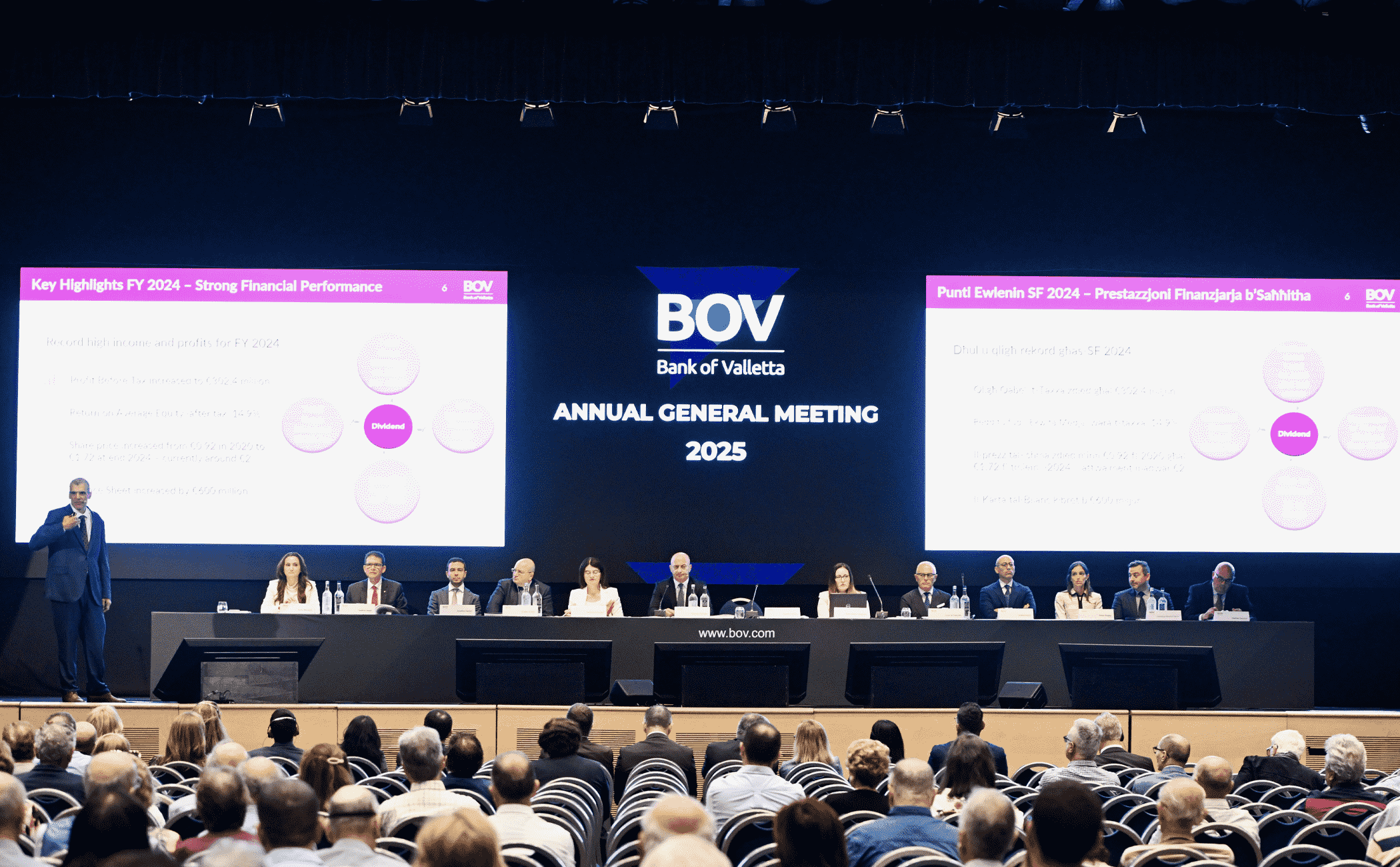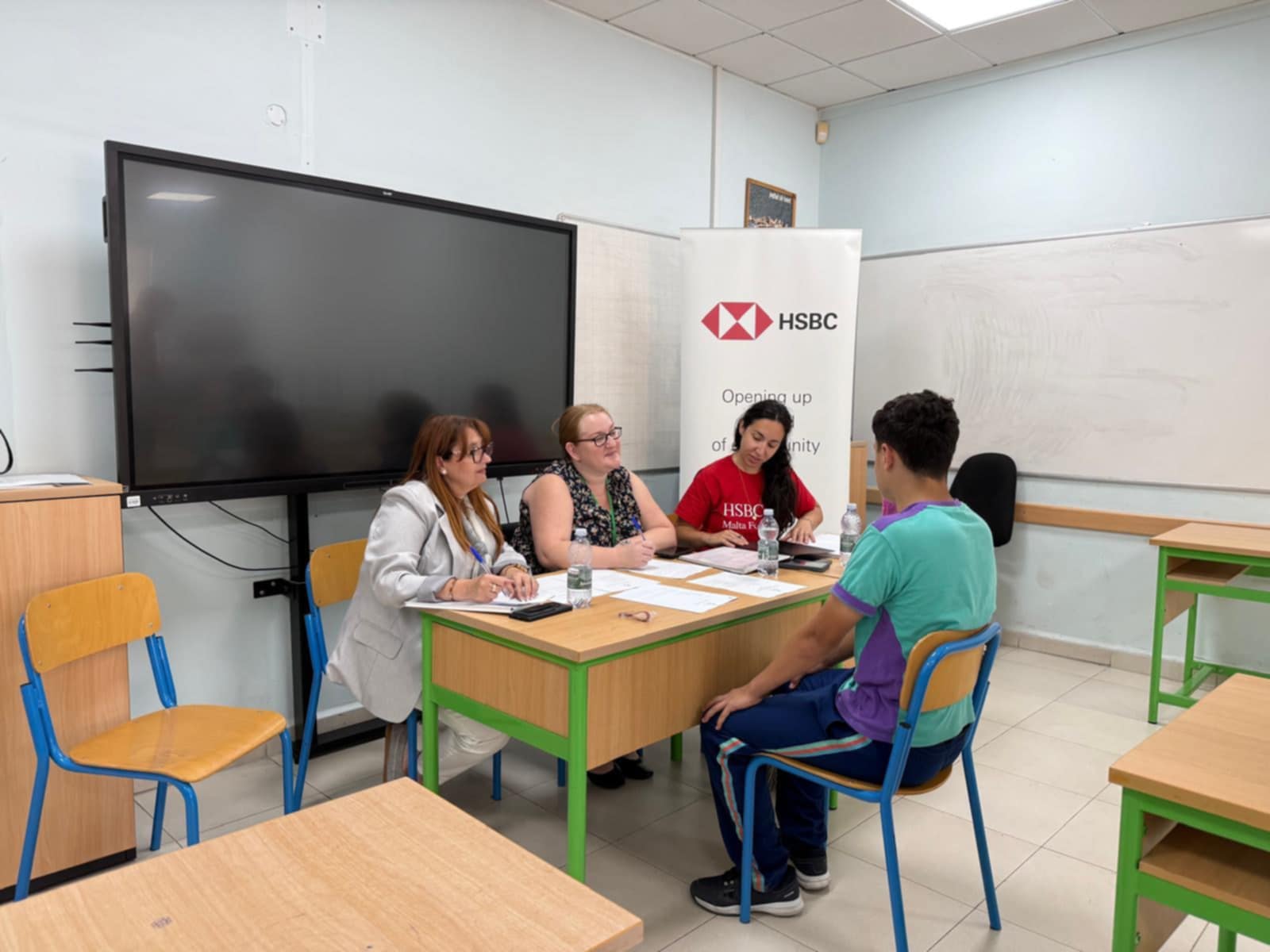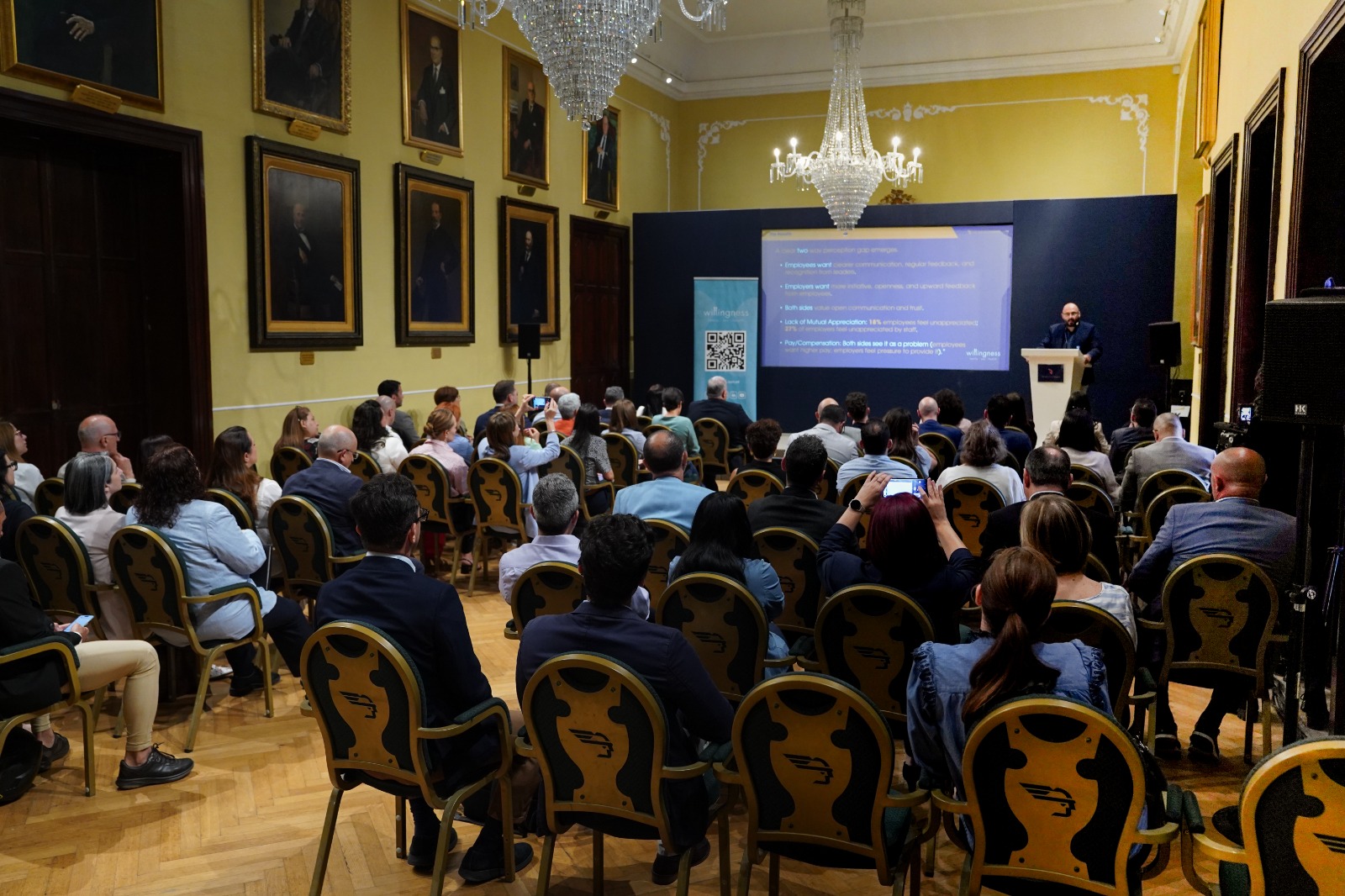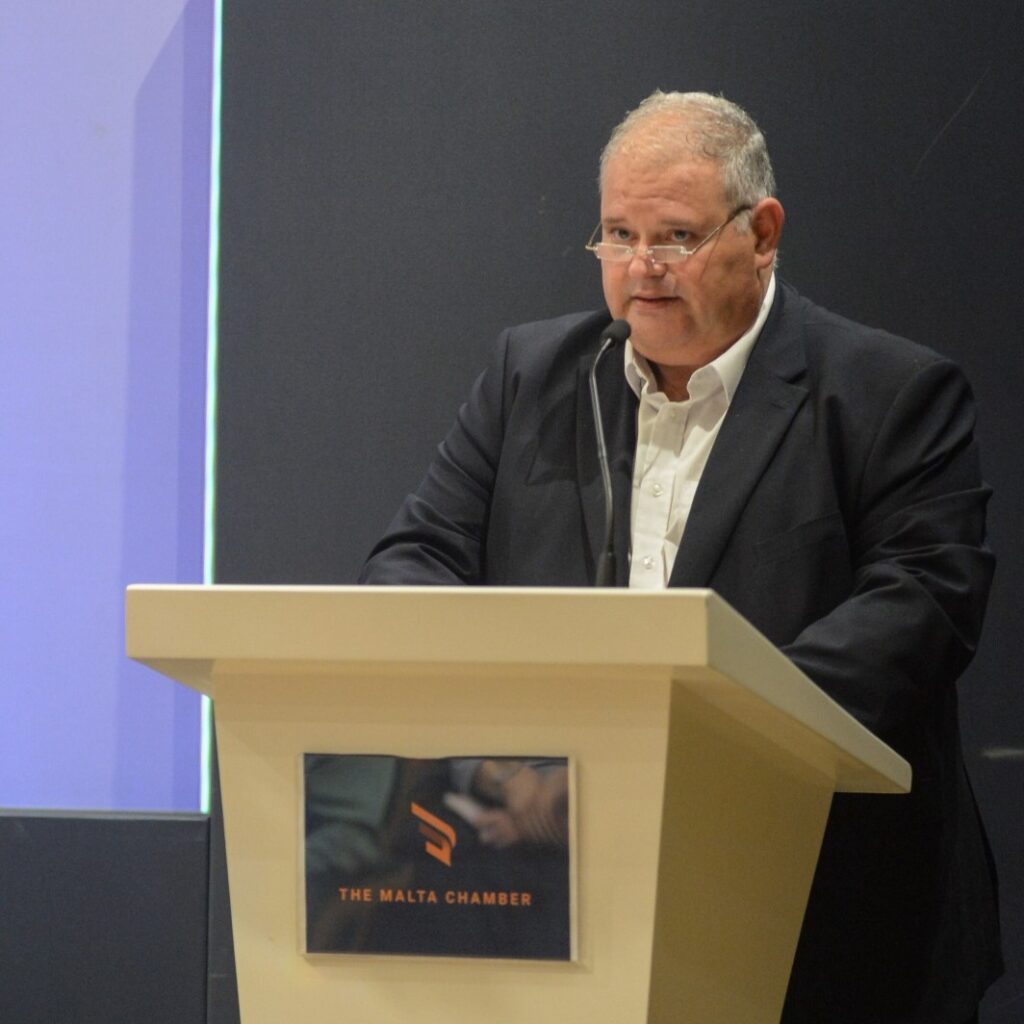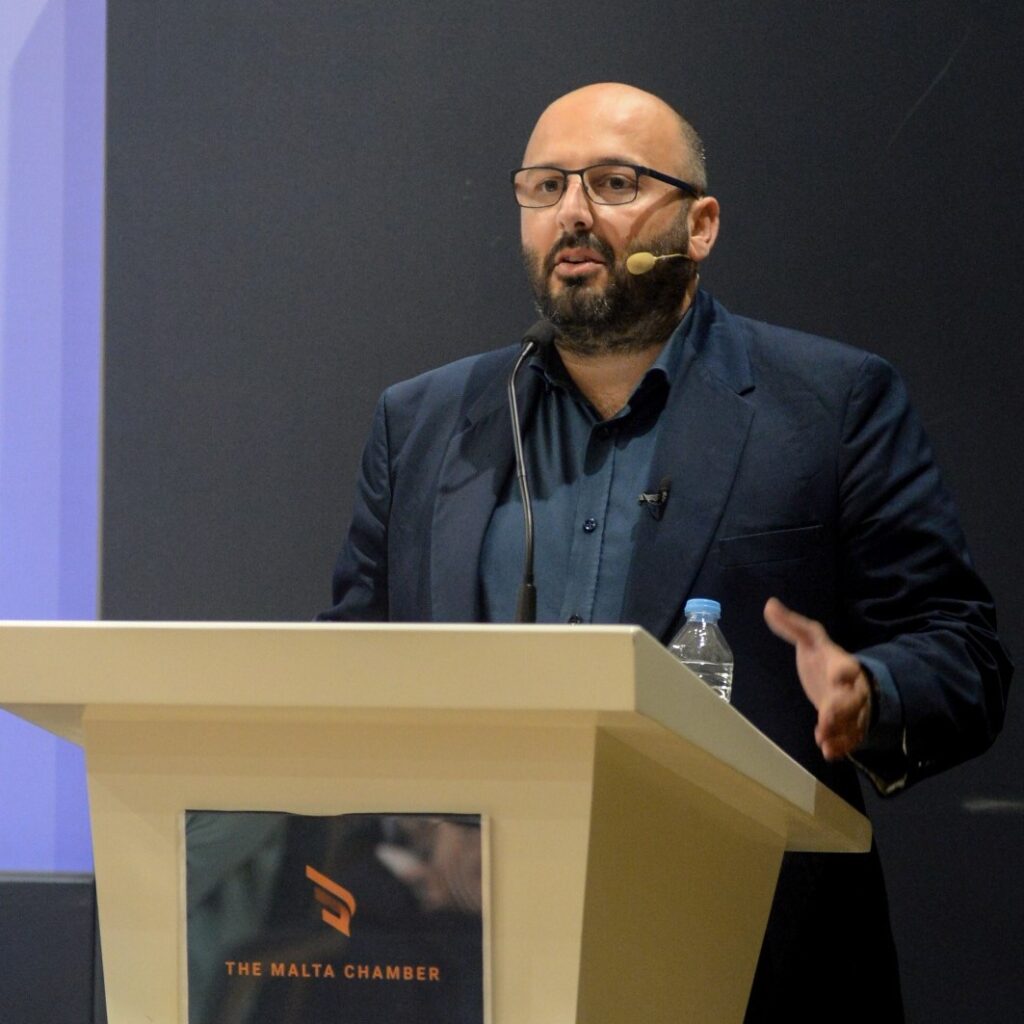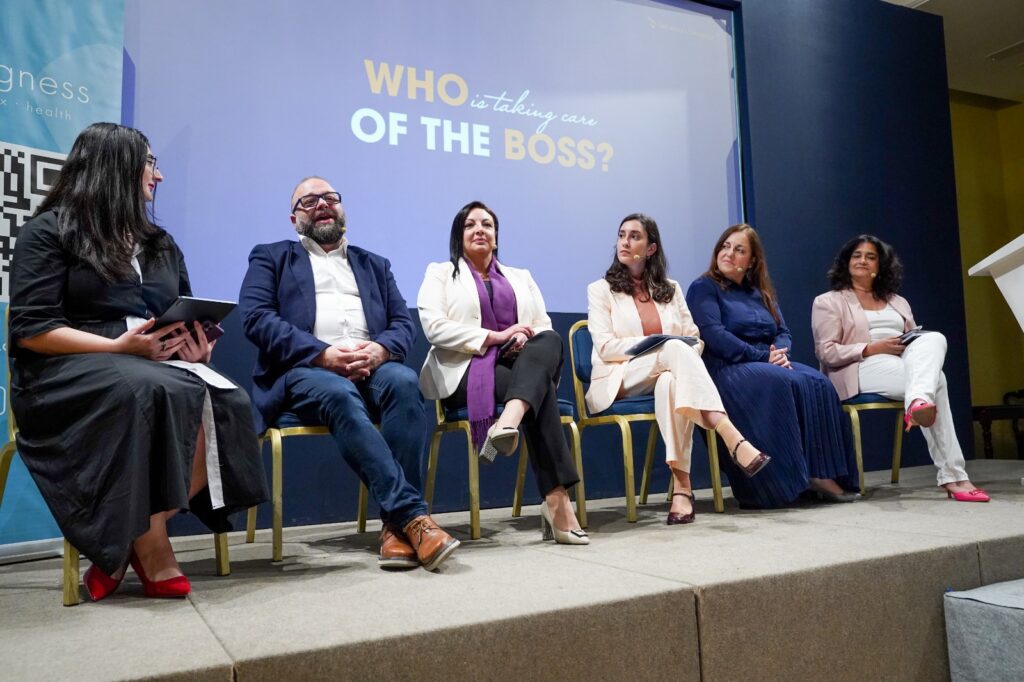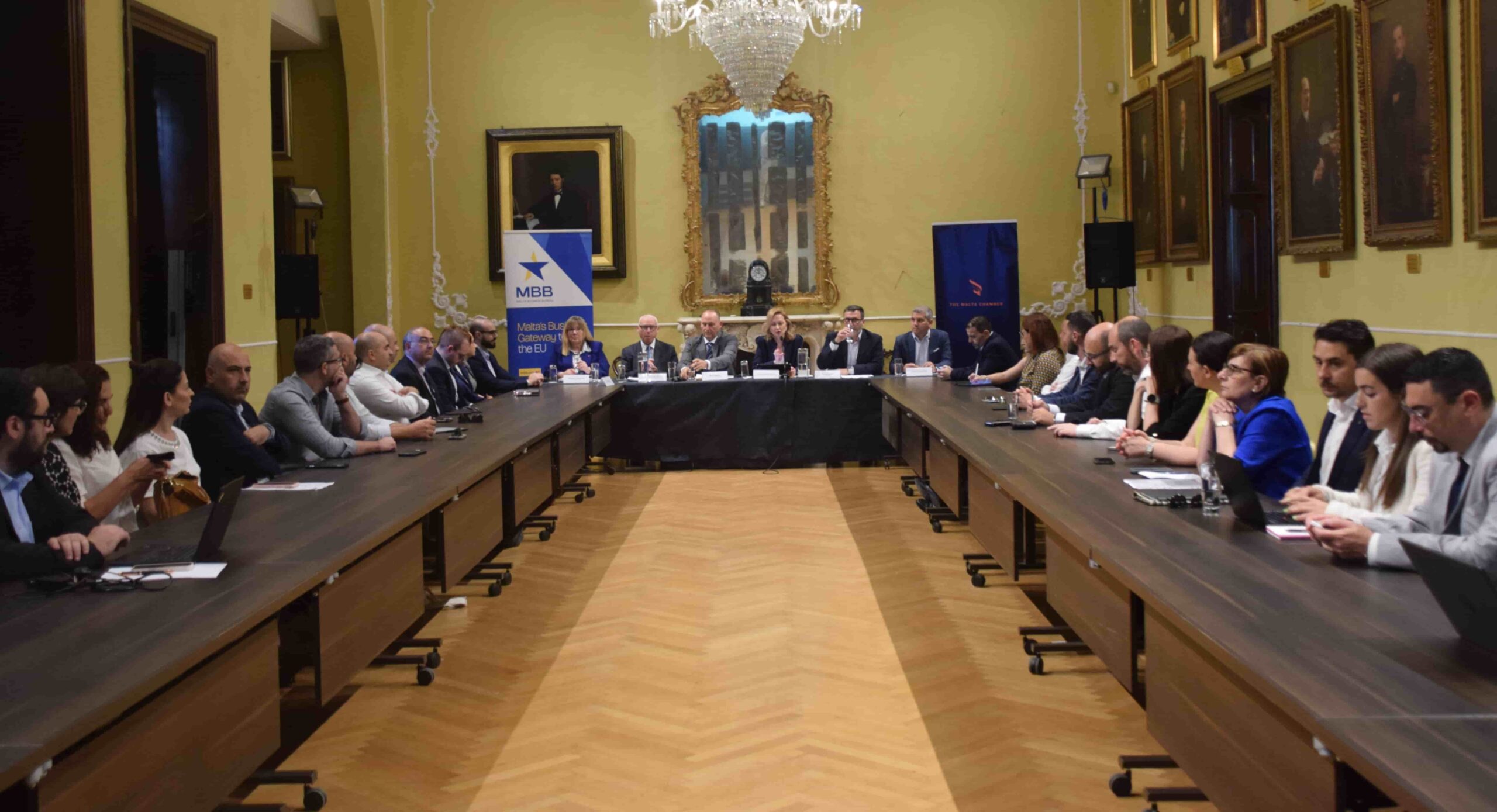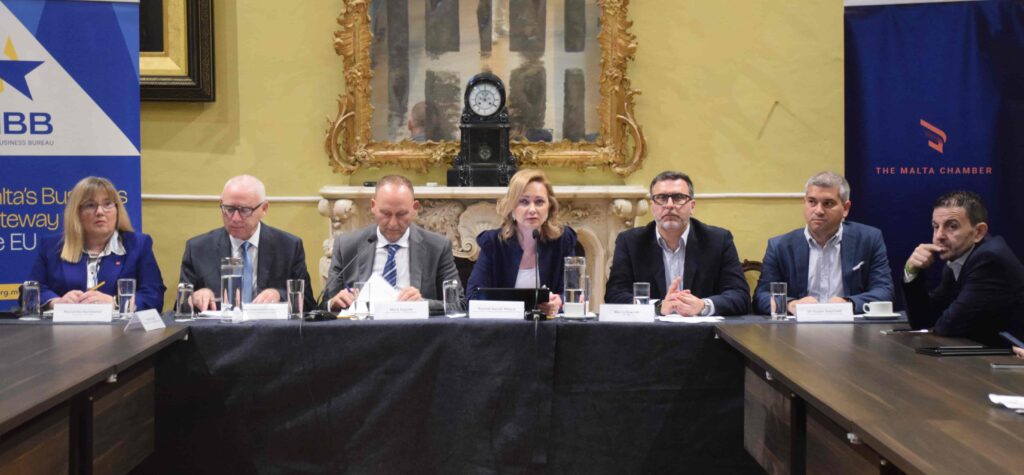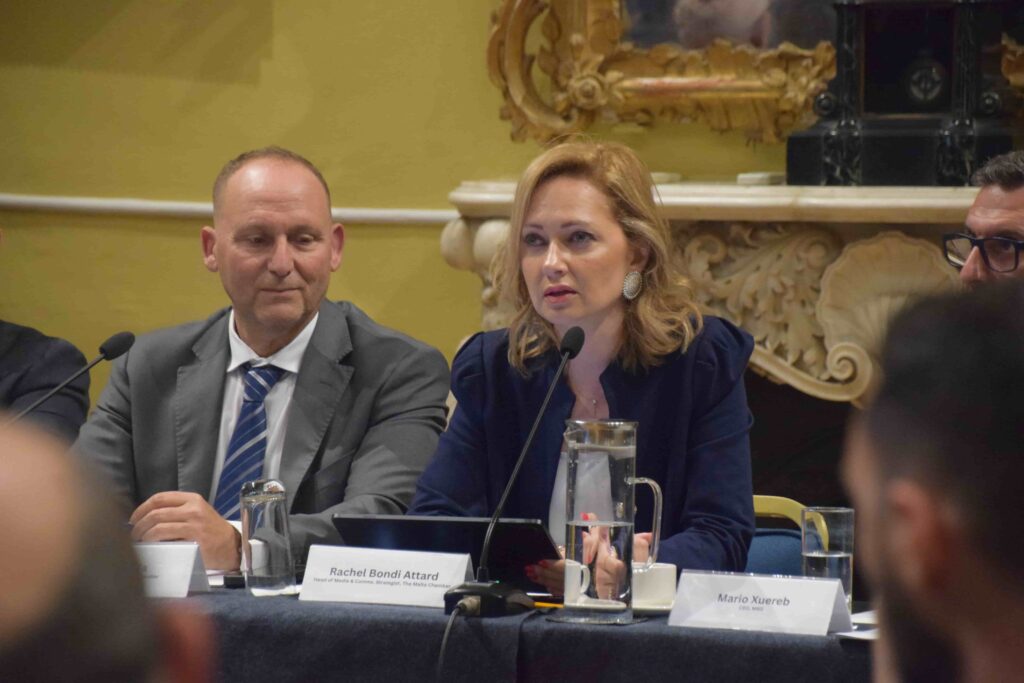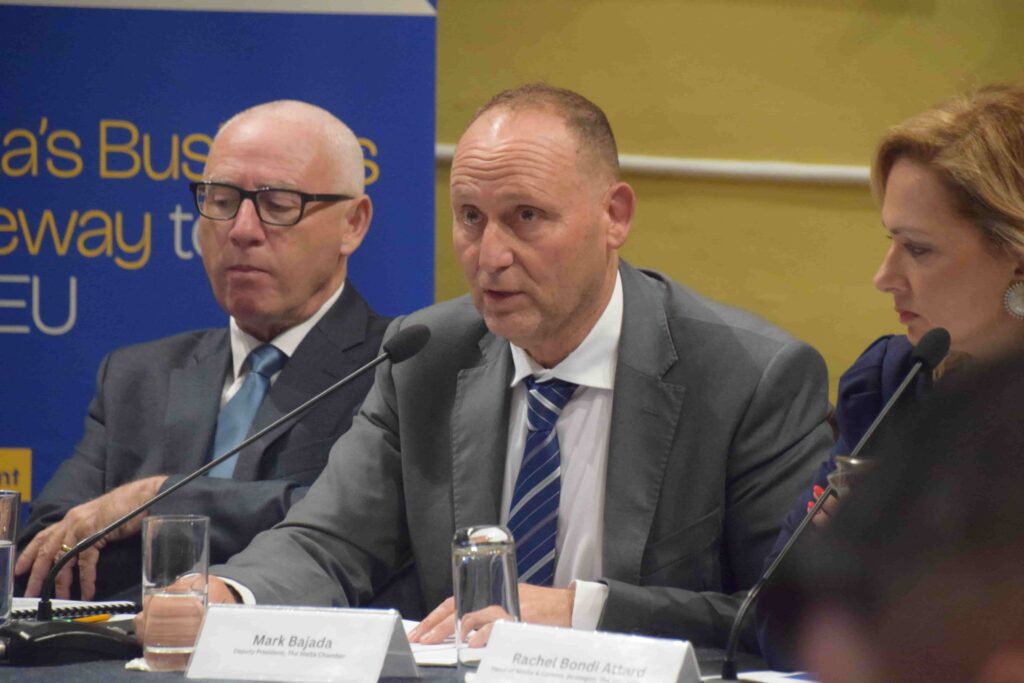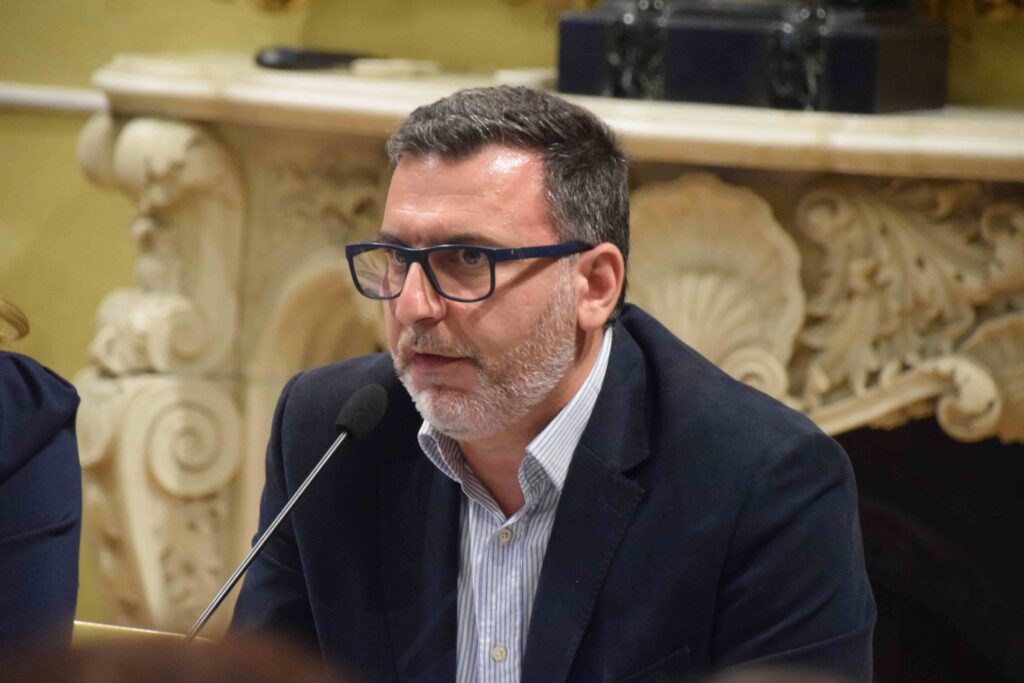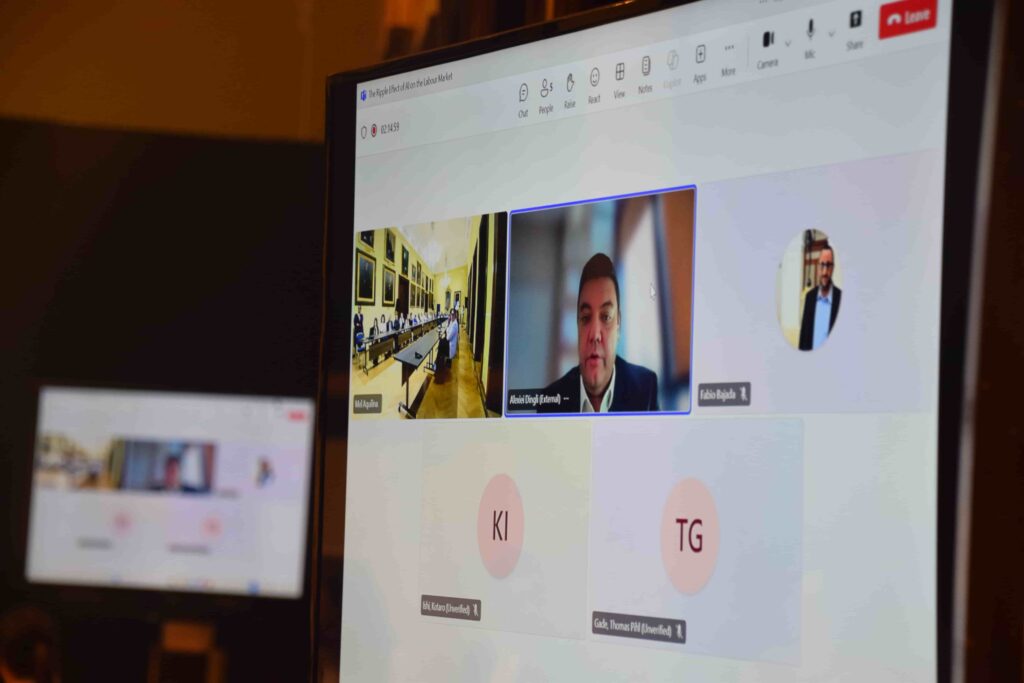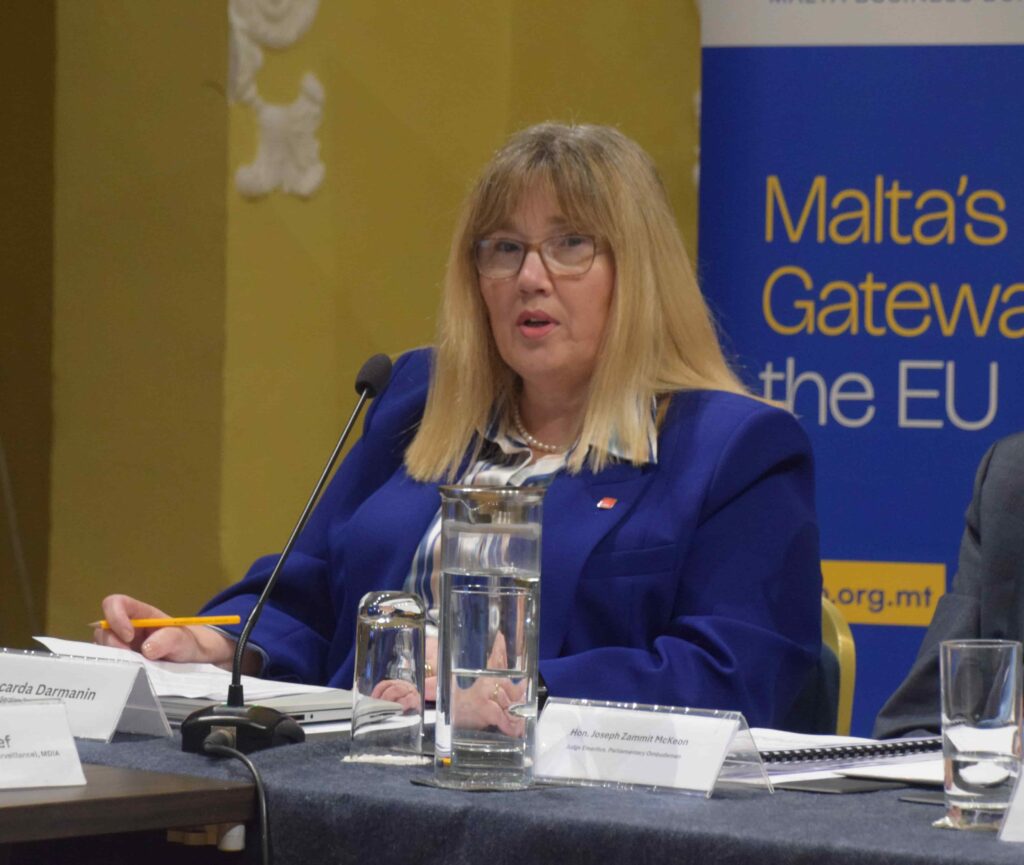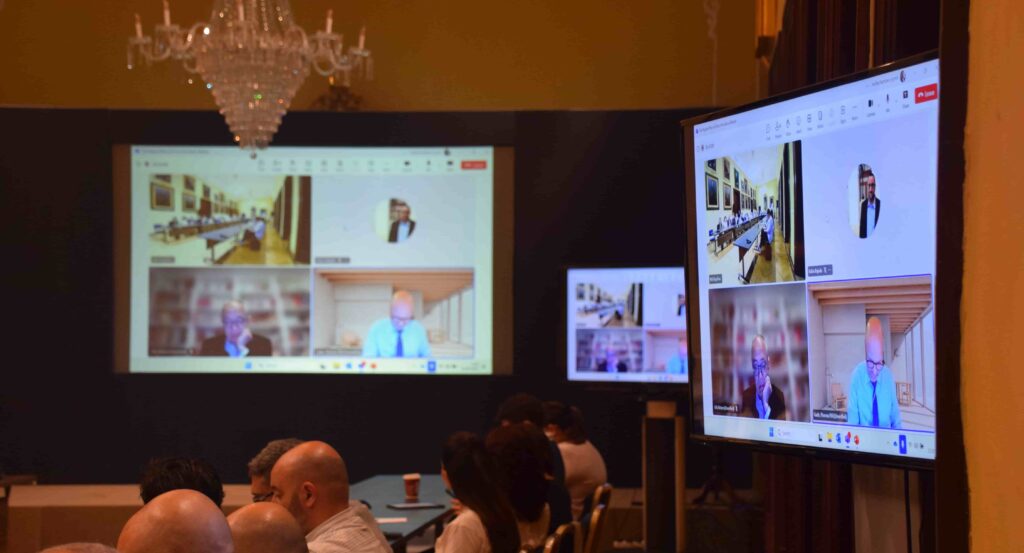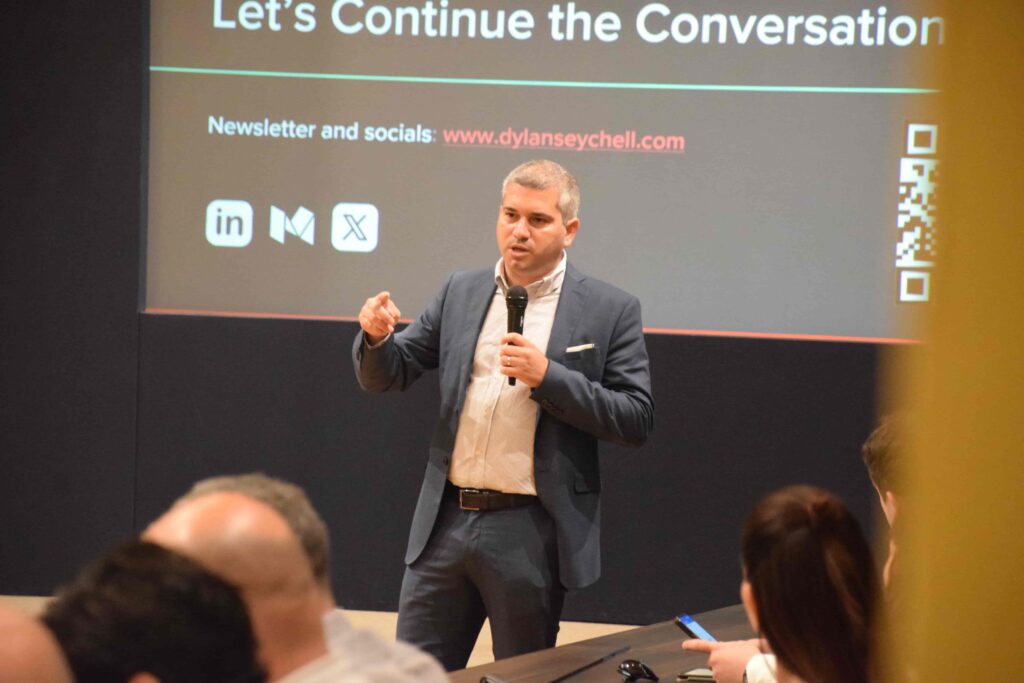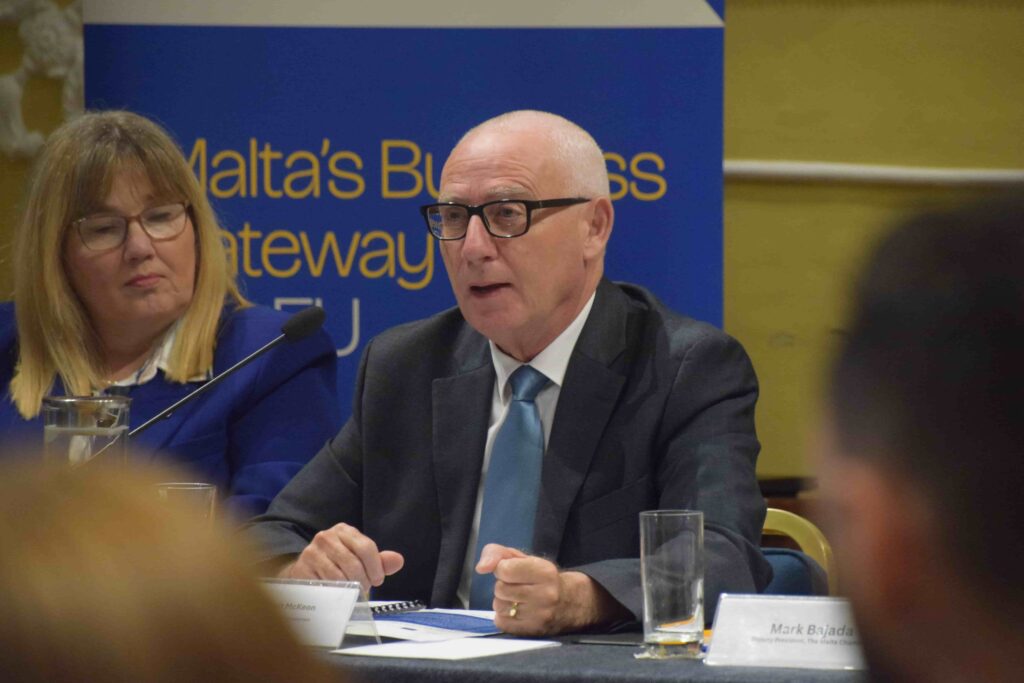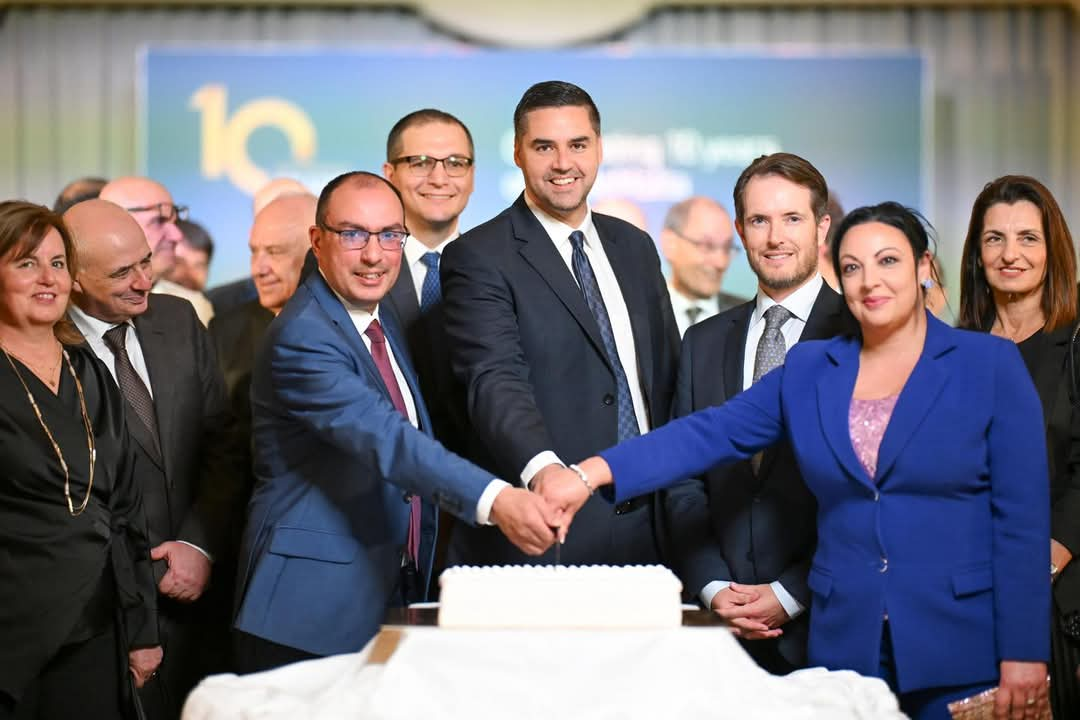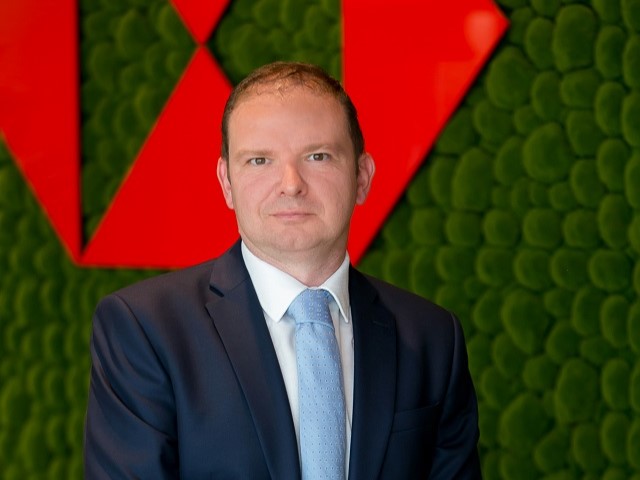In response to the European Commission’s recently unveiled Startup and Scale-up Strategy, the Malta Business Bureau welcomed the initiative as an ambitious step towards reinforcing Europe’s position as a leading destination for innovative startups and high-growth scale-ups.
However, considering the slow progress in integrating the EU’s Capital Markets – deemed crucial for late-stage funding – the MBB remains cautious about the Strategy’s potential to fully meet its objectives.
Commenting on the development, MBB CEO Mario Xuereb stated: “The EU Startup and Scale-up Strategy presents a significant opportunity for Maltese entrepreneurs. By addressing long-standing barriers such as regulatory fragmentation and limited access to scale-up finance, the strategy can significantly boost Malta’s innovative business landscape. Measures that simplify cross-border establishment and improve access to funding and markets could position Malta as a hub for tech entrepreneurship and innovation.”
The Strategy has several promising elements, notably the establishment of regulatory sandboxes to foster innovation, and streamlined pathways for attracting top global talent, including via the proposed ‘EU Blue Carpet’ initiative.
On the other hand, while positive in principle, a 28th regime initiative aimed at simplifying rules for companies when setting up and operating across the Single Market, must also respect national competences in relevant areas such as insolvency, labour and tax laws.
The Commission’s Strategy rightly recognises start-ups and scale-ups as crucial drivers of European competitiveness, job creation, and technological innovation. Key initiatives include simplified and harmonised regulatory frameworks, increased financial backing through mechanisms such as the European Innovation Council (EIC), and the dedicated Scaleup Europe Fund, alongside measures facilitating rapid market expansion and the attraction of global talent.
The Commission’s strategy also proposes ambitious measures such as the European Innovation Act and the establishment of the European Corporate Network, aimed at fostering deeper collaboration between start-ups and larger corporates, particularly in strategic sectors crucial to Europe’s global competitiveness.
Nevertheless, Mr. Xuereb emphasized the importance of follow-through.
“The success of this strategy will rely heavily on consistent and coordinated political action at both the European and national levels. Strategies on their own do not yield results. Their effectiveness relies on the political will to implement reforms swiftly and consistently. Regulatory harmonisation increased cross-border cooperation, and sustained investment commitments must be matched by determined efforts at all levels”.
“Moreover, it is imperative that centralized funding is made accessible to start-ups and scale-ups across the EU through simple procedures,” he continued.
Mr. Xuereb concluded, “This Strategy sets the right direction and augured that Malta proactively takes up the opportunities. Otherwise, we risk missing out on emerging business ideas and prevent businesses – especially those in high-potential sectors linked to innovation, and the green and digital transitions – from scaling effectively.”

